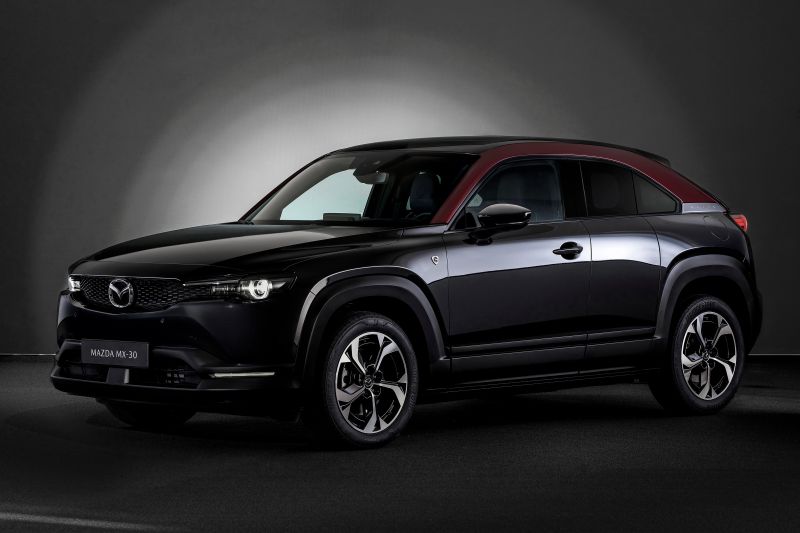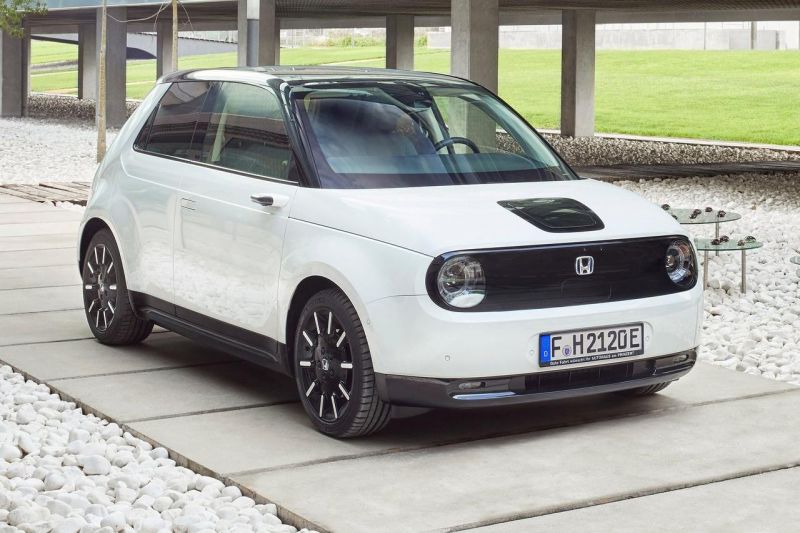Japan wants to reduce its reliance on China for minerals used in electric vehicle (EV) batteries, and Australia and Canada could be the lucky beneficiaries.
Nikkei Asia reports Japan could follow South Korea in tapping the two Commonwealth nations for raw materials.
Representatives from Japan and Australia reportedly met in June, with a Japanese official confirming they agreed to hold future meetings to discuss the development of a supply chain for minerals that “does not depend on China”.
The official said Canada and Australia are ideal partners as they “share the same sense of caution against China”.
Yasutoshi Nishimura, Japan’s minister of economy, trade and industry, also visited Canada in September to sign a memorandum on cooperation for building an EV supply chain, with the two countries offering government subsidies for Japanese companies planning to enter Canada to develop sources of materials like nickel and lithium.
While Australia is rich in lithium ore and Chile in lithium brine, the International Energy Agency says 65 per cent of global processing of these materials – including refining – is done in China.
China also accounts for 74 per cent of global processing of cobalt and 17 per cent of global nickel processing.
This dominance has led the United States to implement the Inflation Reduction Act, which guarantees tax credits of up to US$7500 (A$11,770) for EV buyers only if their cars meet certain production criteria.
Initially, at least 40 per cent of the value of the critical battery minerals of the EV must come from either a US supplier or from a country with which it has a free trade agreement.
This materials requirement will get increasingly stringent, and by 2027 EVs will need 80 per cent of their battery materials to come from one of these countries to qualify for the tax credit.
Australia stands to benefit from countries like Indonesia and Chile moving to limit exports of unprocessed essential minerals, whittling away competition for our exports.
Our nation is the largest exporter of lithium in the world, supplying around 60 per cent of the world’s lithium in the form of a mineral concentrate called spodumene. Most of our reserves located in Western Australia.
The Australian Government said last year it expects lithium exports to more than double over the next five years, and we currently export the material to countries such as South Korea, Germany, Norway, Spain and the United States.
Local mining companies have already made deals with major carmakers to supply raw materials for batteries.
In October last year, GM announced a US$69 million (AU$103 million) deal with Queensland Pacific Materials (QPM) to source the nickel and cobalt used to build the Ultium lithium-ion battery packs.
Also for its Ultium batteries, GM signed a deal with Swiss-based Glencore to source cobalt from the Murrin Murrin operation in the Western Australian Goldfields region.


